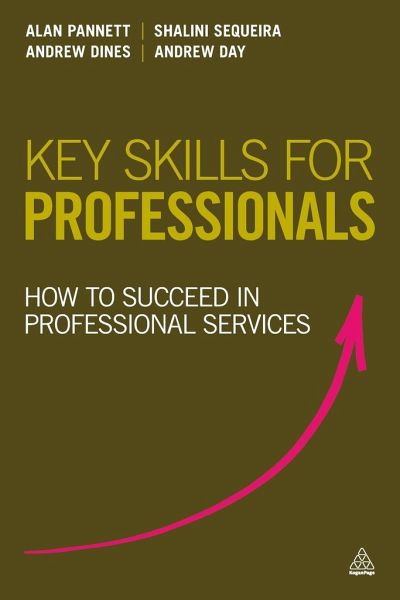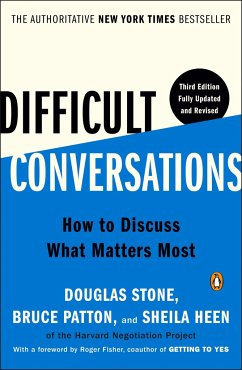Nicht lieferbar

Key Skills for Professionals
How to Succeed in Professional Services
Versandkostenfrei!
Nicht lieferbar
Key Skills for Professionals will help you understand and develop the skills you need to be truly professional in a fiercely competitive environment. The areas covered in this book are useful not only to those qualifying for a profession but also for those people who are already working in a professional services business. Practising and demonstrating these skills effectively will help you in your day-to-day work, and could enhance your career progression. Based on their knowledge, experience and expertise, the authors first explain the theory and applicability of each skill area and then prov...
Key Skills for Professionals will help you understand and develop the skills you need to be truly professional in a fiercely competitive environment. The areas covered in this book are useful not only to those qualifying for a profession but also for those people who are already working in a professional services business. Practising and demonstrating these skills effectively will help you in your day-to-day work, and could enhance your career progression. Based on their knowledge, experience and expertise, the authors first explain the theory and applicability of each skill area and then provide practical and realistic advice as to how to apply those skills in the working environment on a daily basis. Each chapter explains appropriate management tools and theories in plain language using practical exercises, realistic and relevant case studies and tools for analysing self-awareness, communication styles, financial and commercial awareness and effective writing. The book also contains useful summaries and ideas for further reading.













